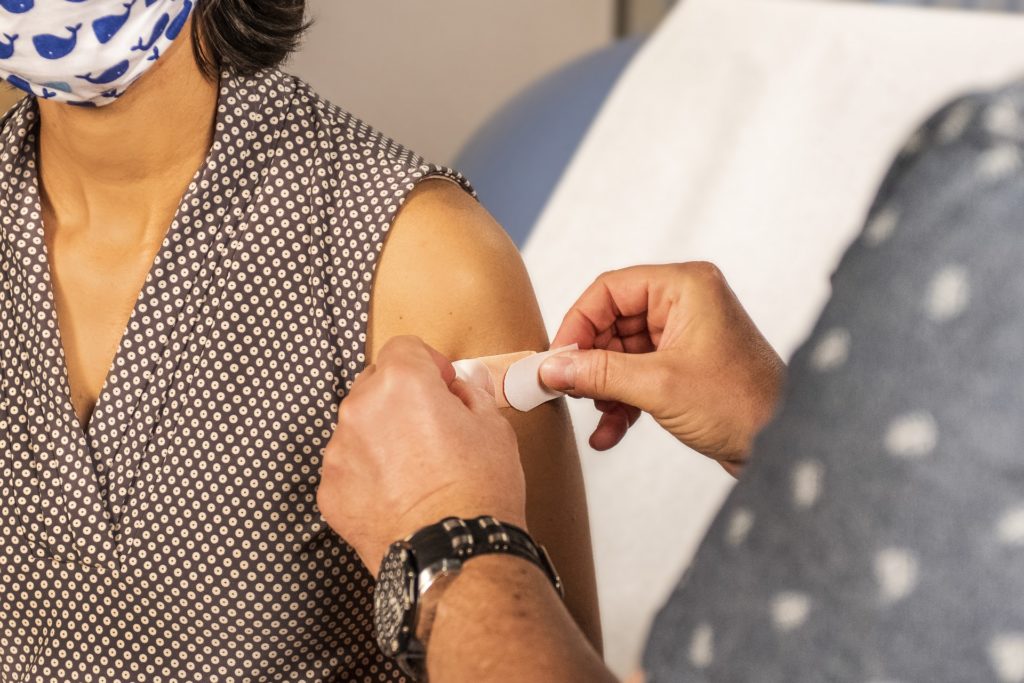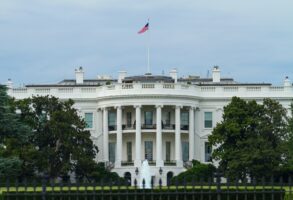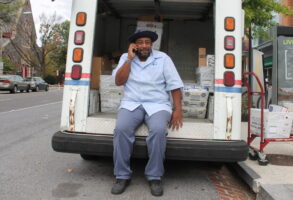
Published November 10, 2021
On Friday October 29, the Supreme Court refused to grant an emergency request by a group of Maine health-care workers challenging Democratic governor Janet Mills’s August 2021 “emergency rule” mandating health-care workers in public and private institutions receive COVID-19 vaccines or be fired. The medical professionals in the case, titled John Does 1–3 v. Mills, have sincerely held religious objections to taking the COVID-19 vaccines because of their known link to aborted fetal cells in the vaccines’ testing or development. Maine’s vaccine mandate permits medical exemptions but, conspicuously, does not recognize religious exemptions. Maine’s flat denial of religious accommodations for employees is not only unusual, it is unlawful.
Title VII of the Civil Rights Act of 1964 and the Americans with Disabilities Act (ADA) require “reasonable accommodations” from workplace policies or job duties, based on religion and disability respectively. Vaccination mandates that are a condition of employment certainly trigger accommodation obligations under both laws. Because Maine appears to accept medical accommodations, I won’t focus on whether it complies with the ADA, but rather on the discriminatory choice to prefer medical over religious exemptions.
Under Title VII, employers are required to “reasonably accommodate” an employee’s religious beliefs, observances, and practices, unless an accommodation would create an “undue hardship on the conduct of the employer’s business.” To qualify, an employee’s objection must be religious in nature and sincerely held. An employer is not required to provide an un-reasonable accommodation and is not necessarily required to provide the employee’s preferred accommodation in all cases.
Click here to read the rest of this piece at National Review Online.
Rachel N. Morrison is an attorney and policy analyst at the Ethics and Public Policy Center, where she works on EPPC’s HHS Accountability Project. She is a former attorney adviser at the Equal Employment Opportunity Commission.
Rachel N. Morrison is a Fellow at the Ethics and Public Policy Center, where she directs EPPC’s HHS Accountability Project. An attorney, her legal and policy work focuses on religious liberty, health care rights of conscience, the right to life, nondiscrimination, and civil rights.











